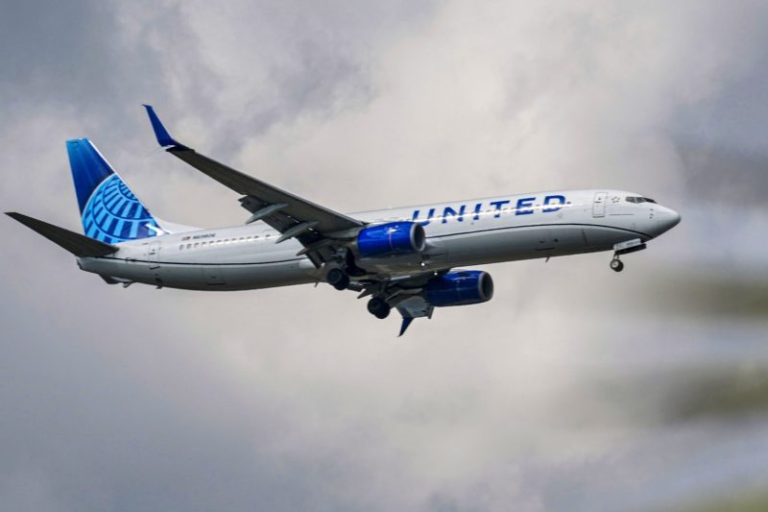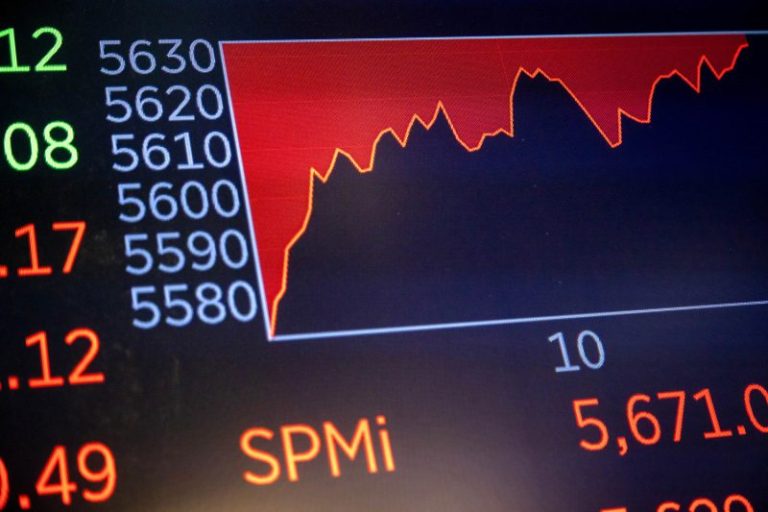WASHINGTON — Boeing CEO Kelly Ortberg told senators on Wednesday that he’s happy with the company’s progress improving manufacturing and safety practices following several accidents, including a near catastrophe last year.
Ortberg faced questioning from the Senate Commerce Committee about how the company will ensure that it doesn’t repeat past accidents or manufacturing defects, in his first hearing since he became CEO last August, tasked with turning the manufacturer around.
Sen. Ted Cruz, R.-Texas, the committee’s chairman, said he wants Boeing to succeed and invited company managers and factory workers to report to him their opinions on its turnaround plan. “Consider my door open,” he said.
Ortberg acknowledged the company still has more to do.
“Boeing has made serious missteps in recent years — and it is unacceptable. In response, we have made sweeping changes to the people, processes, and overall structure of our company,” Ortberg said in his testimony. “While there is still work ahead of us, these profound changes are underpinned by the deep commitment from all of us to the safety of our products and services.”
Boeing executives have worked for years to put the lasting impact of two fatal crashes of its best-selling Max plane behind it.
Ortberg said Boeing is in discussions with the Justice Department for a revised plea agreement stemming from a federal fraud charge in the development of Boeing’s best-selling 737 Maxes. The previous plea deal, reached last July, was later rejected by a federal judge, who last month set a trial date for June 23 if a new deal isn’t reached.
Boeing had agreed to plead guilty to conspiring to defraud the U.S. government, pay up to $487.2 million and install a corporate monitor at the company for three years.
“We’re in the process right now of going back with the DOJ and coming up with an alternate agreement,” Ortberg said during the hearing. “I want this resolved as fast as anybody. We’re still in discussions and hopefully we’ll have a new agreement here soon.”
Asked by Sen. Maria Cantwell, the ranking Democrat on the committee, whether he had an issue with having a corporate monitor, Ortberg replied: “I don’t personally have a problem, no.”
Ortberg and other Boeing executives have recently outlined improvements across the manufacturer’s production lines, such as reducing defects and risks from so-called traveled works, or doing tasks out of sequence, in recent months, as well as wins like a contract worth more than $20 billion to build the United States’ next generation fighter jet.
But lawmakers and regulators have maintained heightened scrutiny on the company, a top U.S. exporter.
“Boeing has been a great American manufacturer and all of us should want to see it thrive,” Sen. Ted Cruz, a Texas Republican and chairman of the committee, said in a statement in February announcing the hearing. “Given Boeing’s past missteps and problems, the flying public deserves to hear what changes are being made to rehabilitate the company’s tarnished reputation.”
The Federal Aviation Administration last year capped Boeing’s production of its 737 Max planes at 38 a month following the January 2024 door plug blowout. The agency plans to keep that limit in place, though Boeing is producing below that level.
Ortberg said at the hearing Wednesday that the company could work up to production rate of 38 Max planes a month or even higher sometime this year, but said Boeing wouldn’t push it if the production line isn’t stable.
Acting FAA Administrator Chris Rocheleau said at a Senate hearing last week that the agency’s oversight of the company “extends to ongoing monitoring of Boeing’s manufacturing practices, maintenance procedures, and software updates.”




